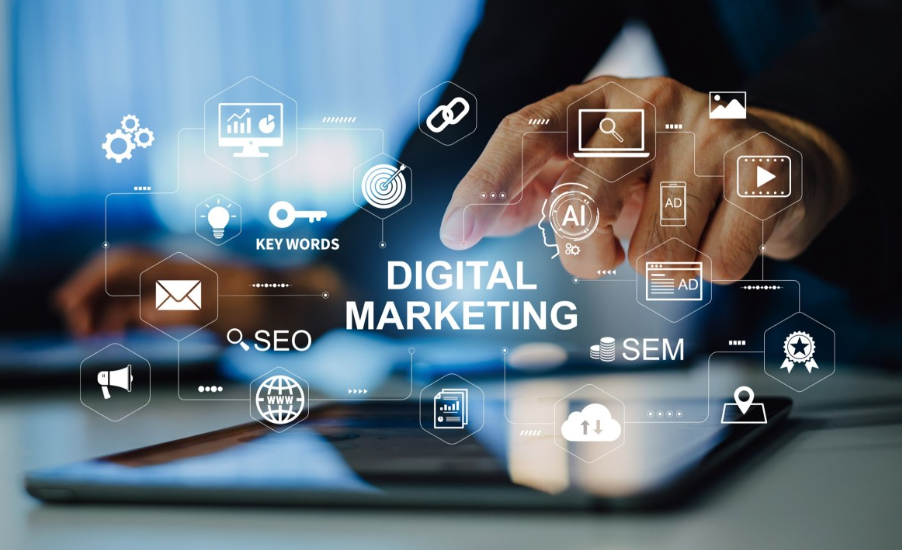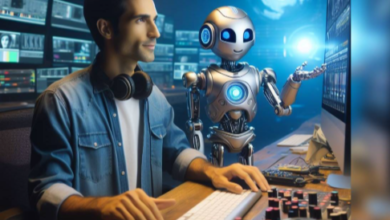
The Role of AI in Smarter Search Engine Optimization
Artificial intelligence (AI) is no longer just something we might use in the future. It has now become an important part of search engine optimization (SEO). The way we do SEO has changed. Before, it used to be all about keywords and links. Now, Google and other search engines use smart AI systems. These systems work with user intent, context, and quality of content. The results people see on searches are much better than before.
Search engines are getting smarter, and as a result, more marketing experts and businesses are jumping on the AI bandwagon—ushering in a notable rise in the AI SEO adoption rate. As of 2025, over 56% of marketers already integrate generative AI into their SEO workflows, while 31% use it extensively and another 25% use it partially, reflecting how quickly adoption is spreading. Those who adopted early have seen significantly larger increases in website visitors and search rankings. AI-driven SEO campaigns have resulted in up to 45% more organic traffic and a 38% boost in eCommerce conversions for many organizations. That’s because AI SEO adoption rate directly enables tasks that humans can’t perform as quickly, such as unearthing overlooked keywords, dynamically tailoring content for diverse audience segments, and optimizing search-intent alignment at scale. This AI-driven efficiency has become a competitive necessity, prompting businesses to embrace AI-driven strategies to get ahead online.
Key Areas Where AI Is Transforming SEO
AI’s effect on SEO is not in just one part. It is used in many ways. The tool is changing each step of the SEO work.
- Keyword Research: AI tools look at large sets of keyword data to find ideas that most people do not see. They help pick out long keywords, other related words, and new things that people search for. AI can also show how a keyword will do by checking things like the number of searches and how many others use the same keyword. This helps us come up with better plans for what to write.
- Content Creation and Optimization: AI works to make good content that matches what users are searching for. It checks top articles and tells you what your text might be missing. AI can also help you think of new topics and draft text neatly. It helps change old text by making it easier to read and checking if the words used fit what people want. It also helps make sure text uses the right keywords.
- Technical SEO: AI scans websites to find mistakes like links that do not work, pages that load slow, and issues with site crawling. This saves time for people who work on the site and makes sure it runs well, which helps the site rank higher.
- Link Building: AI checks who links to your site, as well as who links to other websites. It finds good chances to get links from others. AI helps pick link partners to make sure your links come from sites that follow the search engine rules.
- Personalization and User Experience (UX): AI watches what people do on a website. This helps the site show the right text
See also: Blending Technology and Human Touch: The Future of Brand Growth and Hiring
The Future of SEO is Collaborative
The future of SEO will not be about AI taking over what people do best. Instead, it will be about working together. AI is good at looking over big sets of data and spotting trends. It can also do many tasks for us. This gives human SEO experts more time for the work that needs big ideas, planning content that stands out, and making real connections.
The quick rise in the AI SEO adoption rate shows that more businesses see this strong link. If you use AI, you will be better able to get through the tough world of today’s search engines and beat other companies. The aim is to use AI and its deep analysis to make better content for users. Search engines will see the value in your work and give you a good spot on the web that can last a long time.



